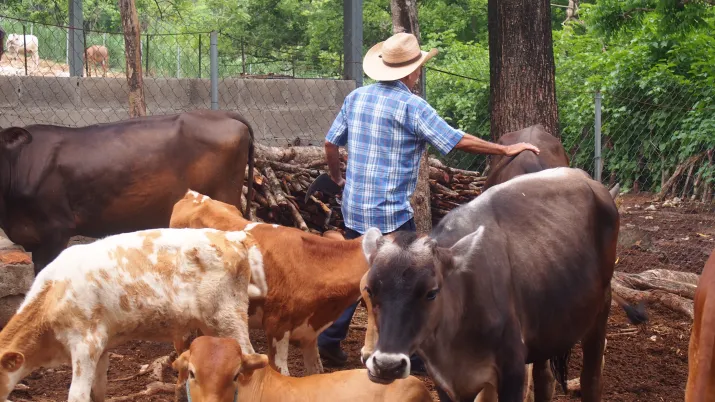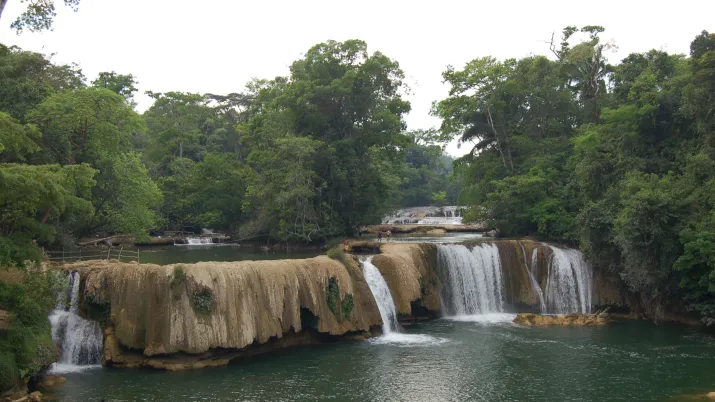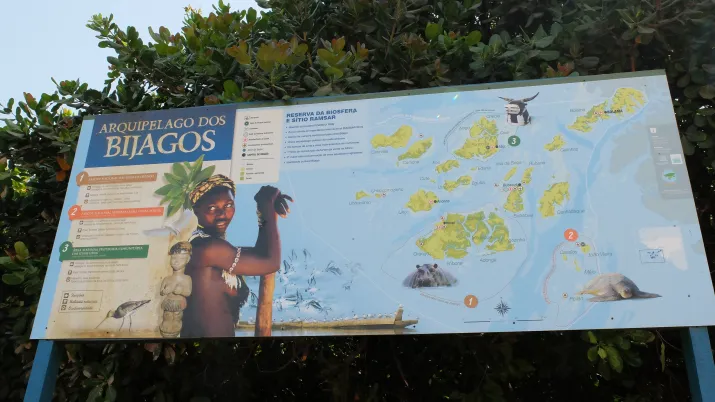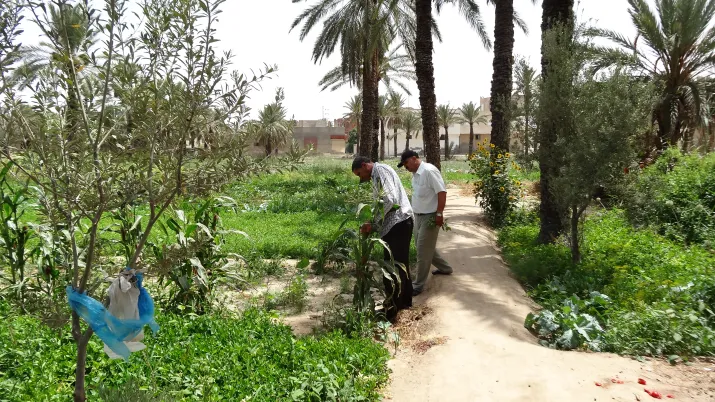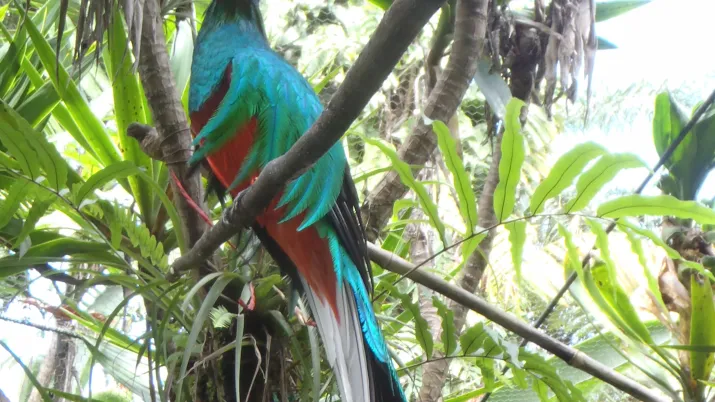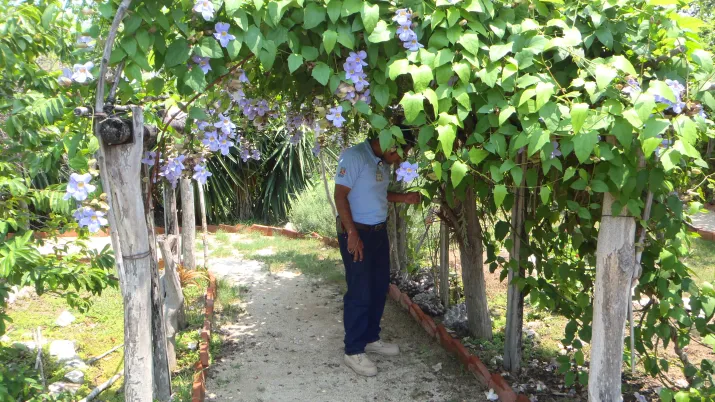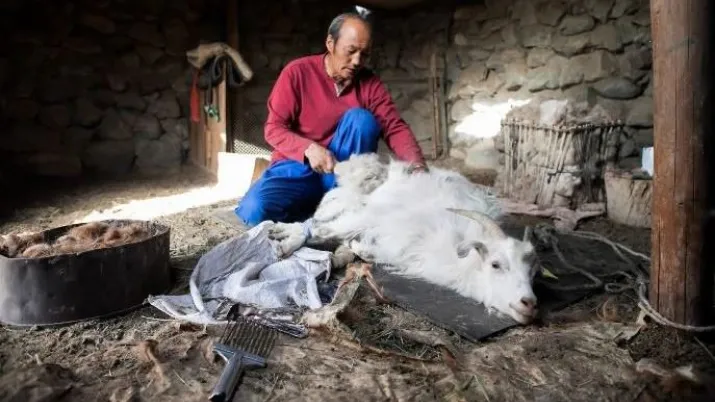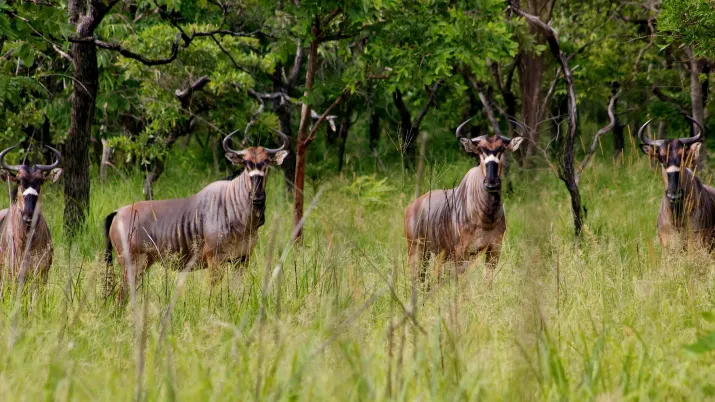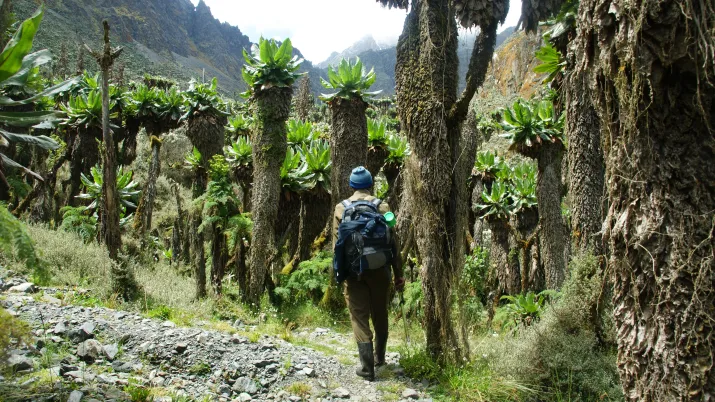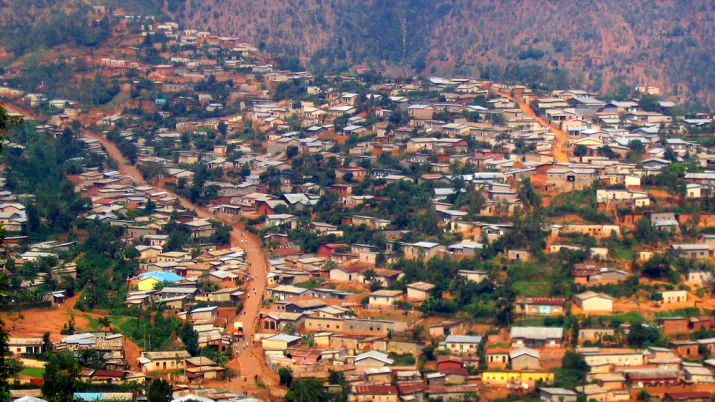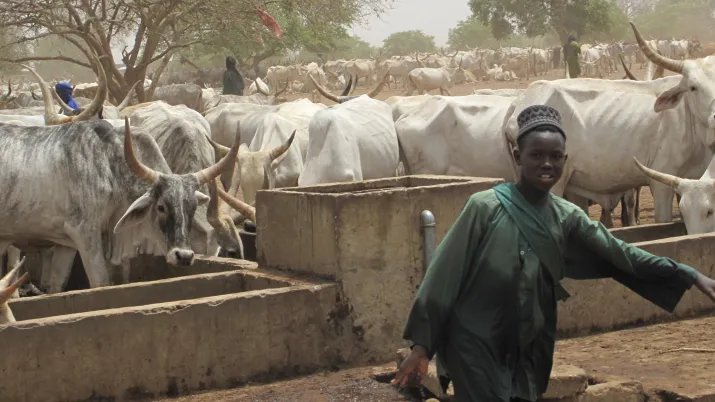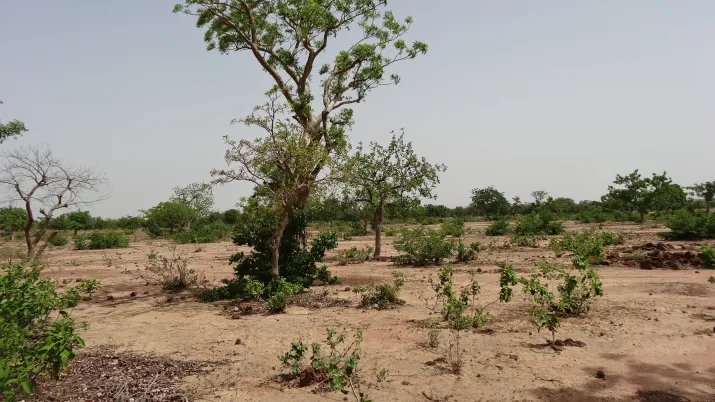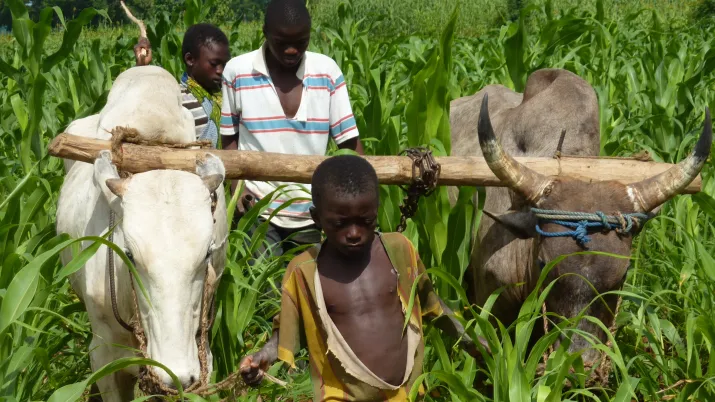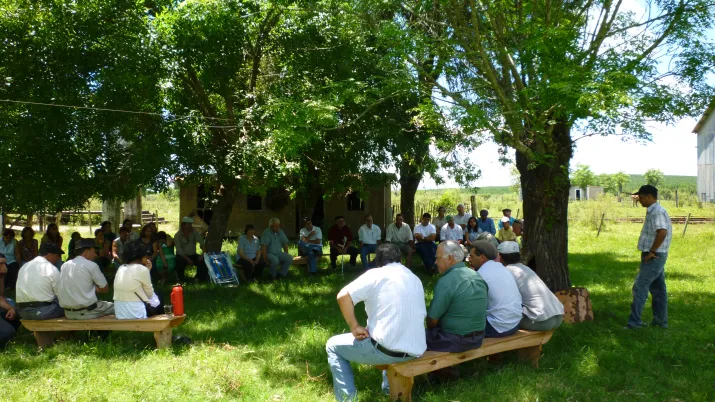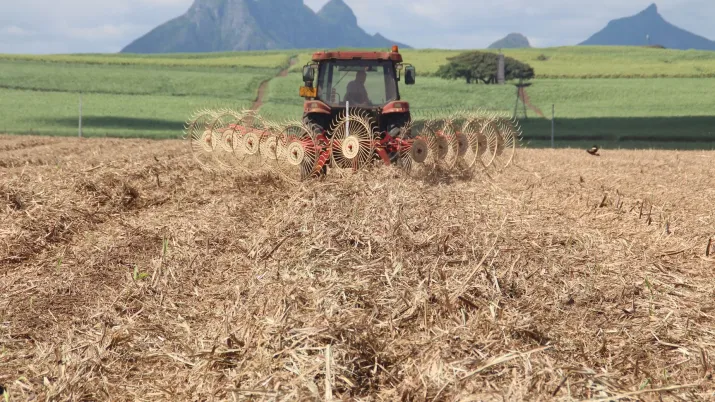Search results
Sustainable management of productive landscapes in Montañona
Redirecting the agricultural and animal production of a group of producers and leader communities towards sustainable agroforestry systems in order to ensure the productive capacity, preserve water su...
Project
Sustainability of community-based co-management and conservation of biodiversity in Guatemala’s Protected Areas system
Contributing to strengthening and extending SIGAP (Guatemalan System of Protected Areas) by giving a greater role to local and Indian communities in the management of these protected areas.
Project
Reinforcing the national system for protected areas in the Bijagos Archipelago
Contributing to a trust fund for sustainably financing conservation in marine and terrestrial protected areas in Guinea-Bissau.
Project
Sustainable Hammams in Morocco
Hammams are an integral part of Moroccan culture. However, their viability is threatened by rising fuel and water costs, as well as the pollution they generate. The program aims to address these chall...
Project
Adaptation to climate change for agriculture in the Maghreb region: ACCAGRIMAG
Reducing the vulnerability of rainfed agriculture to the impacts of climate change in Morocco and Tunisia.
Project
Typha, an Invasive Reed as a Renewable Fuel and Eco-Material
The Typha Combustible Construction West Africa (TyCCAO) project contributes to the energy transition and the fight against climate change by promoting the use of renewable biofuels and energy efficien...
Project
Protecting biodiversity and ecosystems in the Ameca-Manantlán Corridor
Strengthening the sustainable management and ecosystem protection of the Ameca-Manantlán Corridor, with the aim of increasing biological connectivity between habitats and focusing on defining new cons...
Project
Preservation and management of wetlands for the metropolitan balance of Mexico City area
The wetlands in Mexico provide vital services to Mexico City as it adapts to climate change. However, these are under serious threat from increasing urban pressure. The pilot project supported by the...
Project
Linking the improvement in nomadic herding practices to sustainable cashmere production in the Gobi Desert
Fighting against pasture degradation in the Gobi Desert by proposing to develop a sustainable and environmentally-friendly sector for cashmere in which it is produced.
Project
Pilot project to fight against the deforestation and degradation of Miombo forest on the Gilé National Reserve and its periphery
Combating the deforestation and degradation of Miombo forest on the Gilé National Reserve (GNR) and its periphery by reducing the pressures on it, and mobilizing the REDD+ mechanism. Gilé is one of th...
Project
Sustainable funding for the Rwenzori Mountains National Park
To develop perennial sources of funding for the Rwenzori Mountains National Park and the local population, namely to increase tourism revenues and private...
Project
Linking green and grey infrastructures to strengthen coastal resilience to climate events
In the Philippines, extreme climatic events are becoming increasingly frequent and intense. To reinforce the resilience of this small island State, the FFEM is supporting Conservation International in...
Project
Published on
Stimulate a sanitary revolution in Sub-Saharan Africa
Proposing a renewable energy source from solid materials from waste water, sludge from latrines and septic tanks, to improve the health situation in Kigali.
Project
Towards collaborative sustainable management of agropastoral resources
The FFEM is supporting Agronomes et Vétérinaires sans frontières (AVSF) in delivering the Dundi Ferlo project. Project goals: to restore degraded land in the regions of Louga and Matam, and to support...
Project
Program to support Livelihoods Fund
Livelihoods Fund is an innovative initiative of private and institutional investors. It allows local organizations that do not have access to investment to restore their ecosystem, by providing them w...
Project
Sustainability and resilience of family farming in the Savanes region
Initiate a dynamic of preservation, sustainable management and restoration of soils and woody cover through the development of agro-ecological practices and agroforestry systems. The project targets s...
Project
Developing sustainable modes of production and consumption in the Uruguayan Protected Areas (SNAP)
Adopt sustainable modes of production and consumption in protected areas and adjacent territories, by strengthening quality chains that contribute to the protection of natural and cultural heritage, I...
Project
Developing a model to use sugar cane chaff as a renewable energy source on Mauritius.
On Mauritius, almost 50% of electricity is produced by three cogeneration power plants. One of these plants, operated by Terragen Ltd, is leading a project supported by the FFEM which aims to make bet...
Project

